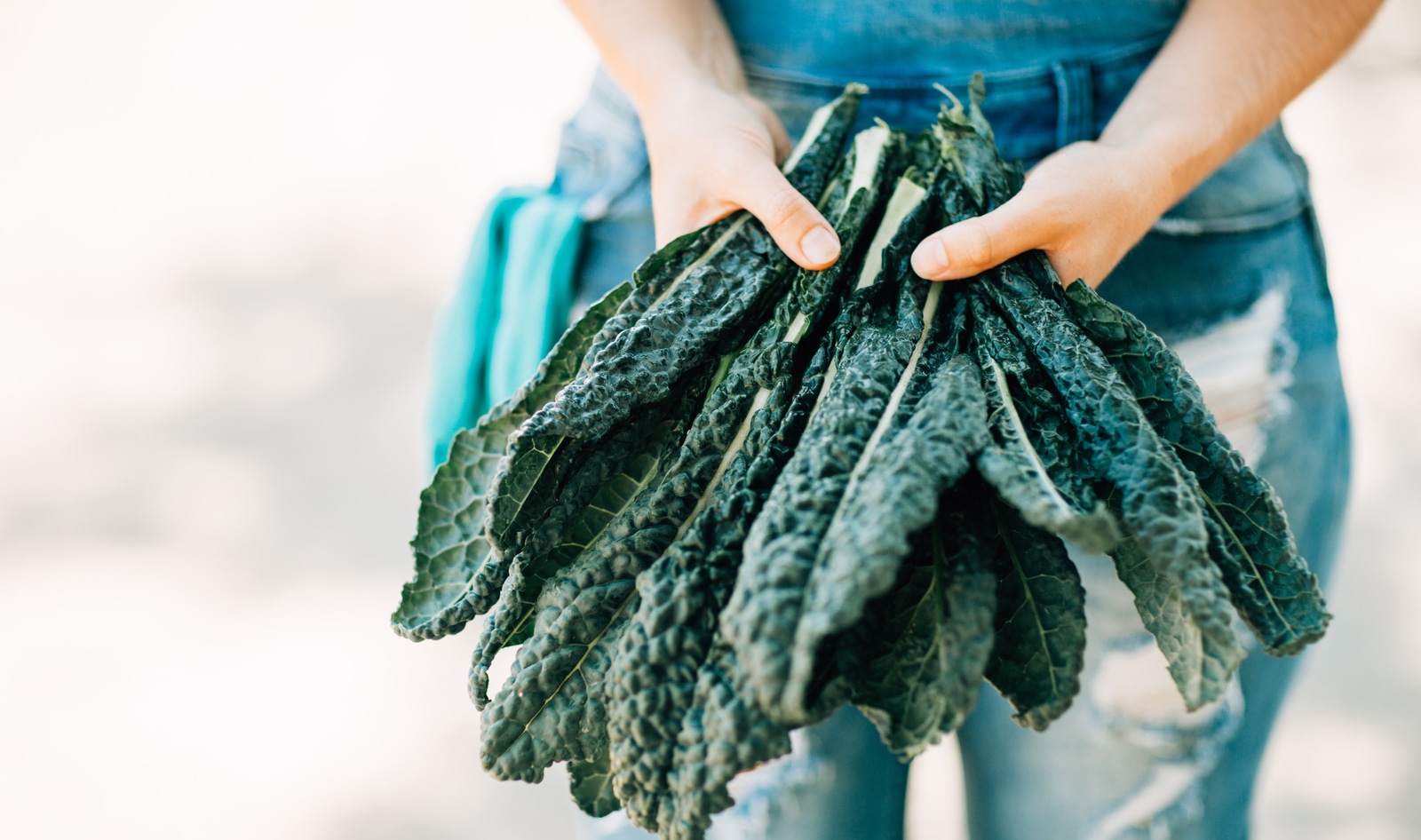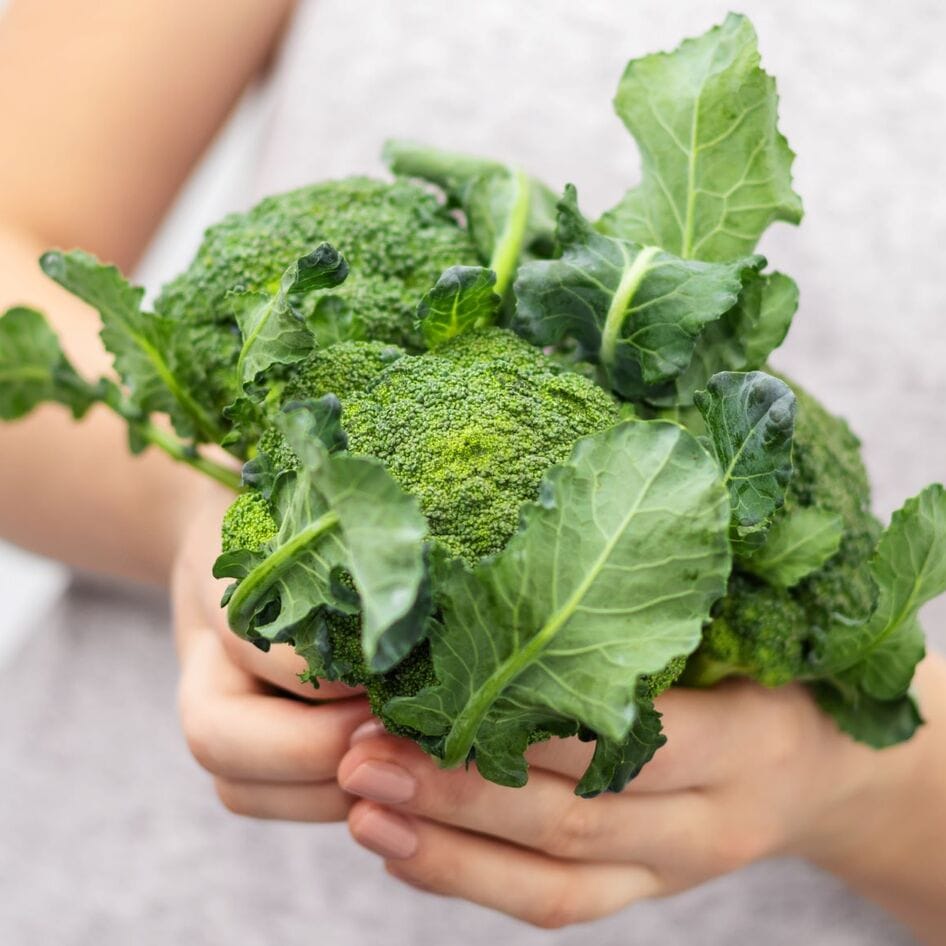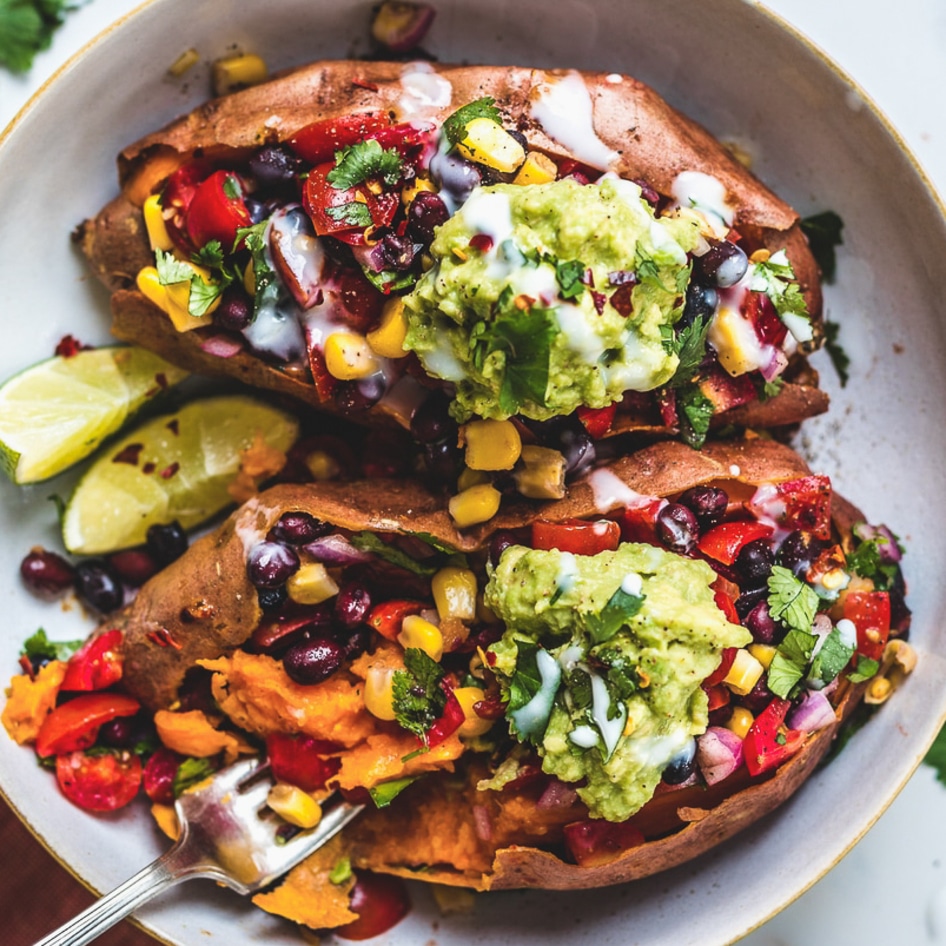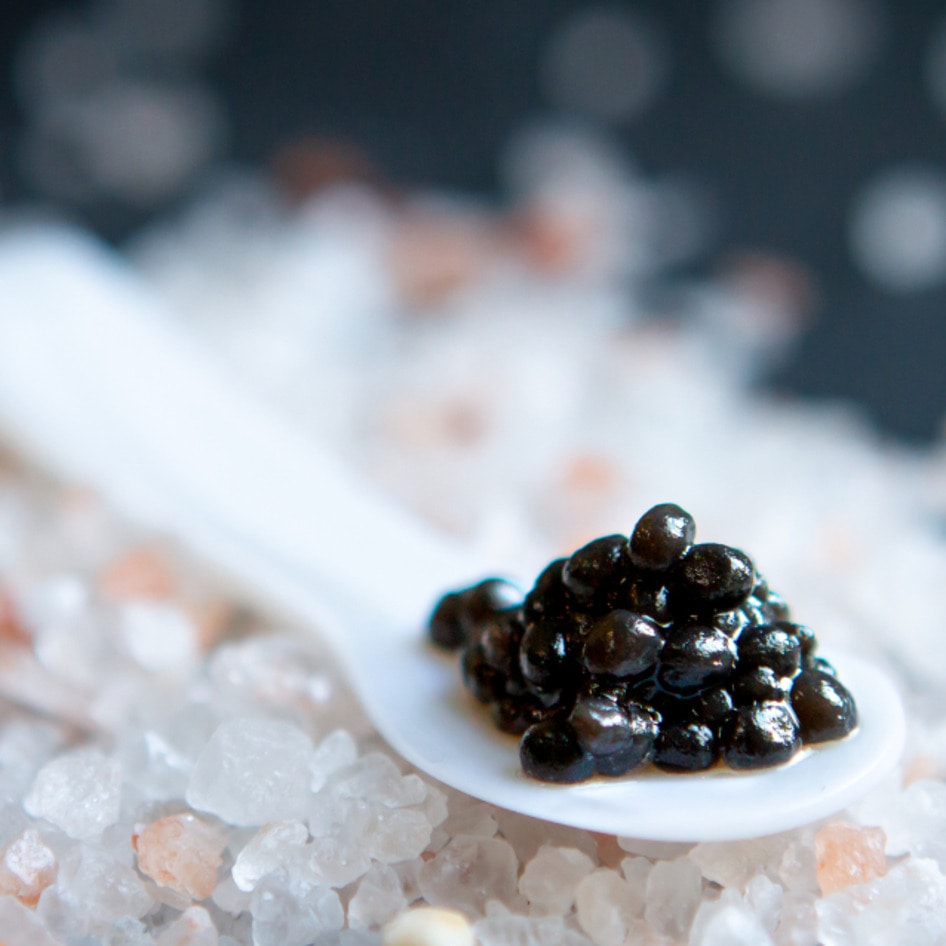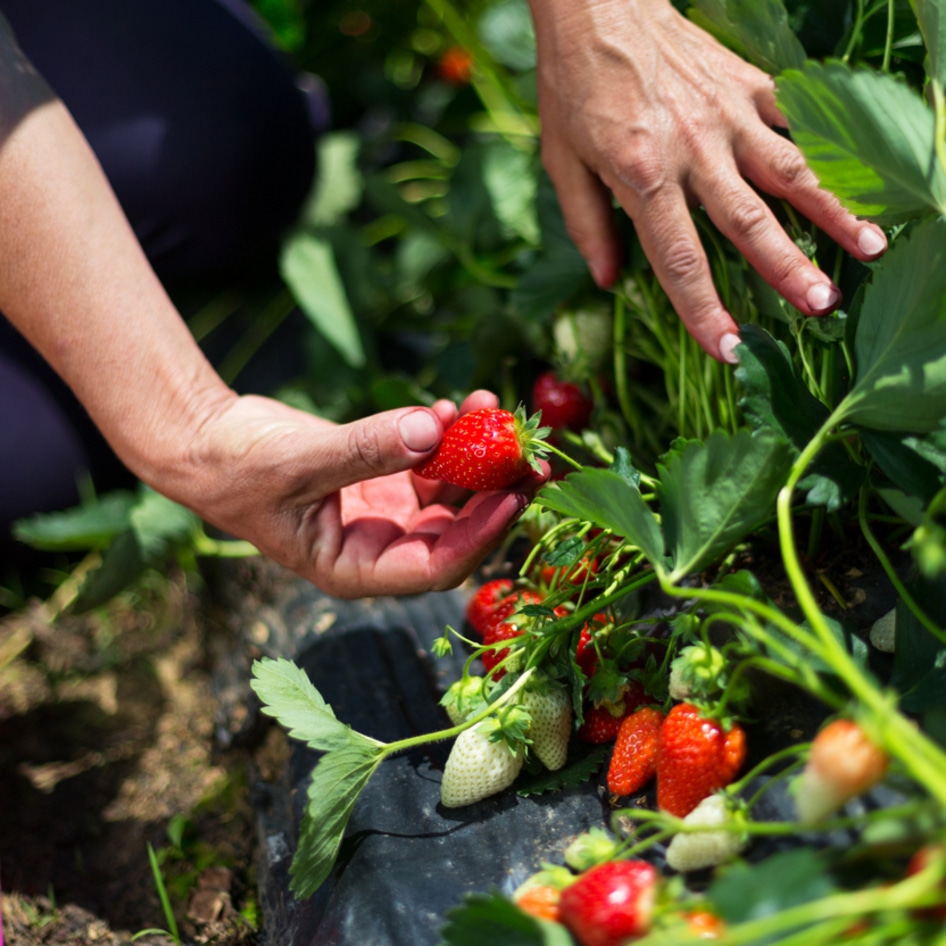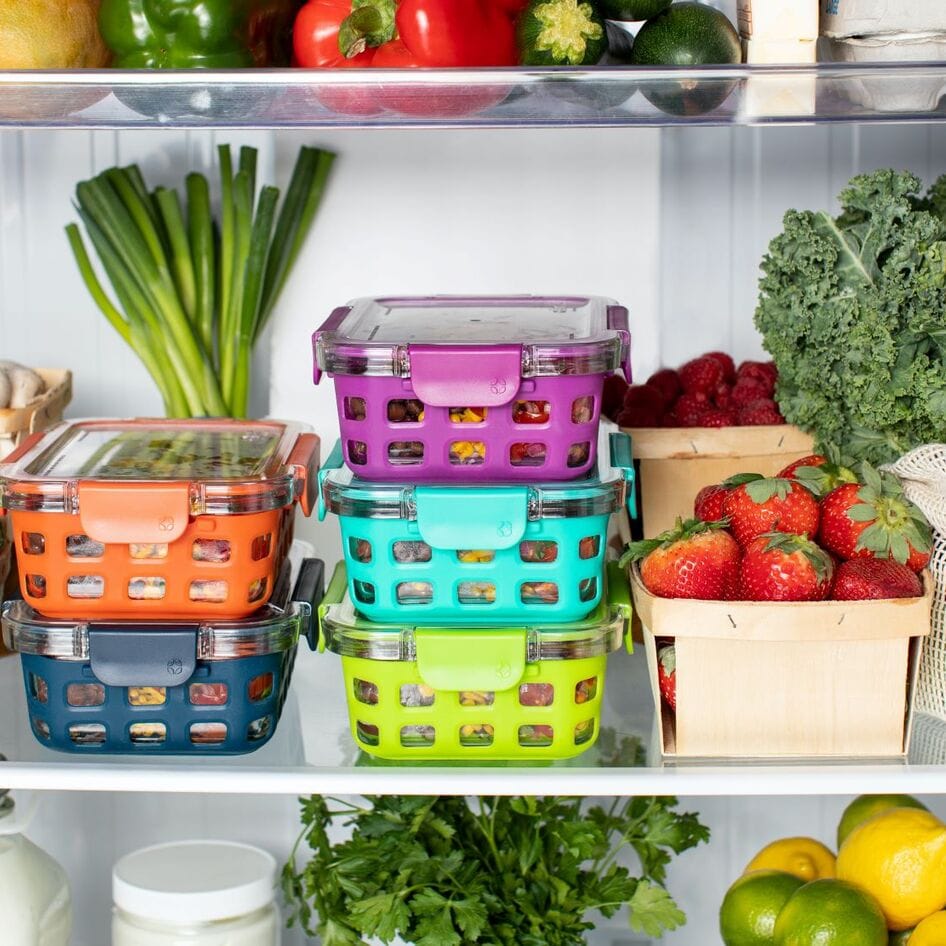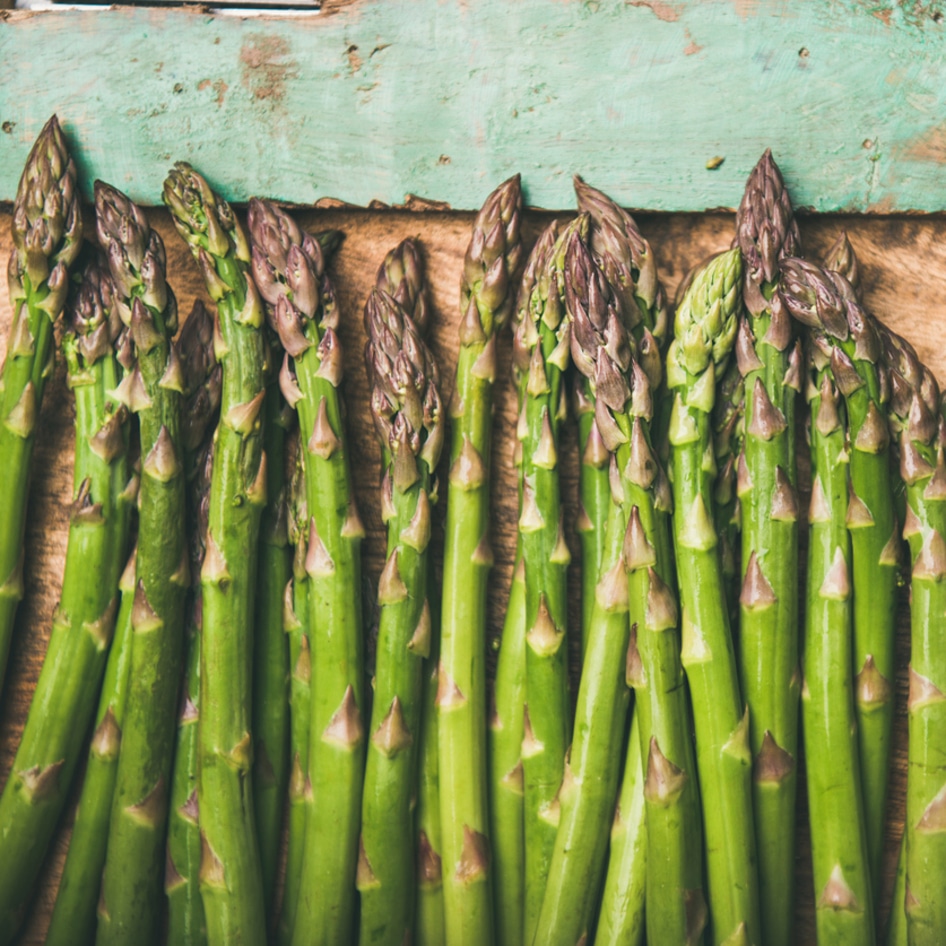In a stride towards combating food waste and its environmental impact, a team of researchers from Nanyang Technological University in Singapore (NTU Singapore) has unveiled a new method to repurpose kale waste for health and personal care items.
This revolutionary technique not only addresses the issue of food waste but also contributes to emission reduction.
The scientists at NTU embarked on a mission to devise an efficient and sustainable approach for transforming vegetable leftovers into valuable resources. Their quest led them to explore the potential of naturally derived natural deep eutectic solvents (NADES)—safe and eco-friendly liquids composed of plant-based compounds such as amino acids, sugars, and residual vegetable oils.
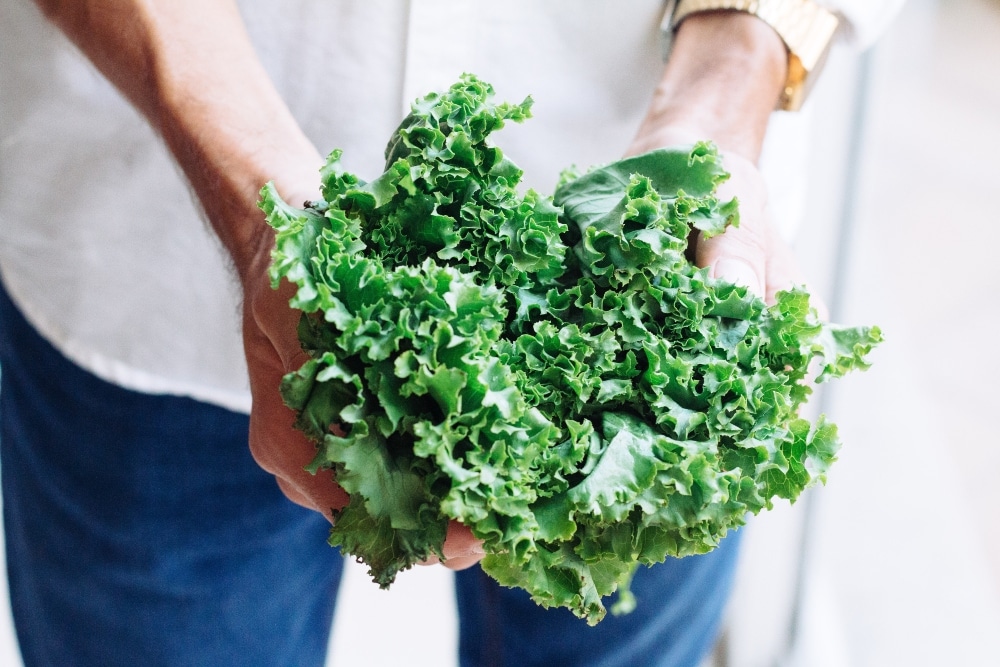 Unsplash
Unsplash
While NADES have traditionally found applications in separation technology within the food and pharmaceutical sectors, their untapped potential in extracting bioactive compounds from discarded vegetables intrigued the research team.
Making use of wasted kale nutrients
In particular, the focus was set on kale waste, a nutrient-rich leafy green vegetable that is often discarded because of its short shelf life. The NTU researchers meticulously experimented with various NADES formulations, mixing them with processed kale waste to observe molecular interactions.
Through a series of tests, the team observed a spontaneous separation of the mixture into distinct layers upon stirring and standing. This facilitated the effortless extraction of kale’s phytochemicals, including polyphenols, carotenoids, and chlorophylls, all without the need for energy-intensive heating or pre-treatment methods like freeze drying.
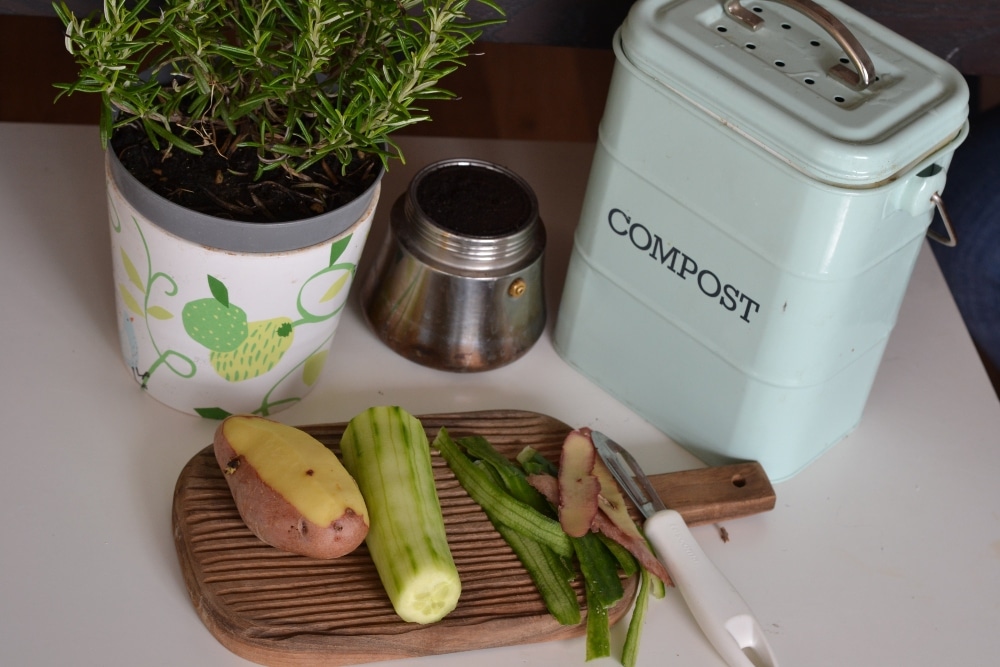 Pexels
Pexels
“The use of non-toxic and naturally derived solvents in our method makes it a food-safe technique. At the same time, our method preserves the potency of the extracted active ingredients, making it highly attractive for industry adoption,” study lead author Professor Hu Xiao said in a statement.
Confident in the scalability and economic viability of their pioneering technique, the NTU researchers emphasize its industry applicability. The extracted nutrients, the team envisions, could find application in a spectrum of products, ranging from personal care items and cosmetics to dietary supplements and herbal extracts.
“The extracted nutrients can potentially be used for applications in personal care products, cosmetics, food supplements, and herbal extracts,” Xiao said.
Beyond its immediate benefits, the novel waste-to-resource approach champions a dual-fold impact—reduction of food waste and a decrease in emissions. This aligns with the principles of the circular economy and the global objectives of the United Nations Paris Agreement.
Published in the scientific journal Separation and Purification Technology, the study has garnered attention for its food waste solution. In fact, the research team has already filed a patent in Singapore to safeguard its innovative achievement.
Looking ahead, the scientists are determined to extend their methodology to encompass diverse fruits, vegetables, and medicinal plants. Their ongoing explorations include dragon fruit, spinach, lettuce, and more, potentially offering a paradigm shift in resource optimization and sustainability practices.
Turning vegetable waste into new products
As the world grapples with mounting environmental challenges, other researchers and companies are working to find ways to reuse food waste in unique ways. One startup, called Optimized Foods, in collaboration with the University of California, Davis, is growing mycelium—small balls of edible fungi—that feed off food waste and can be processed into novel products.
Specifically, they are making use of agricultural byproducts such as coffee grounds and almond hulls and turning them into lab-grown caviar.
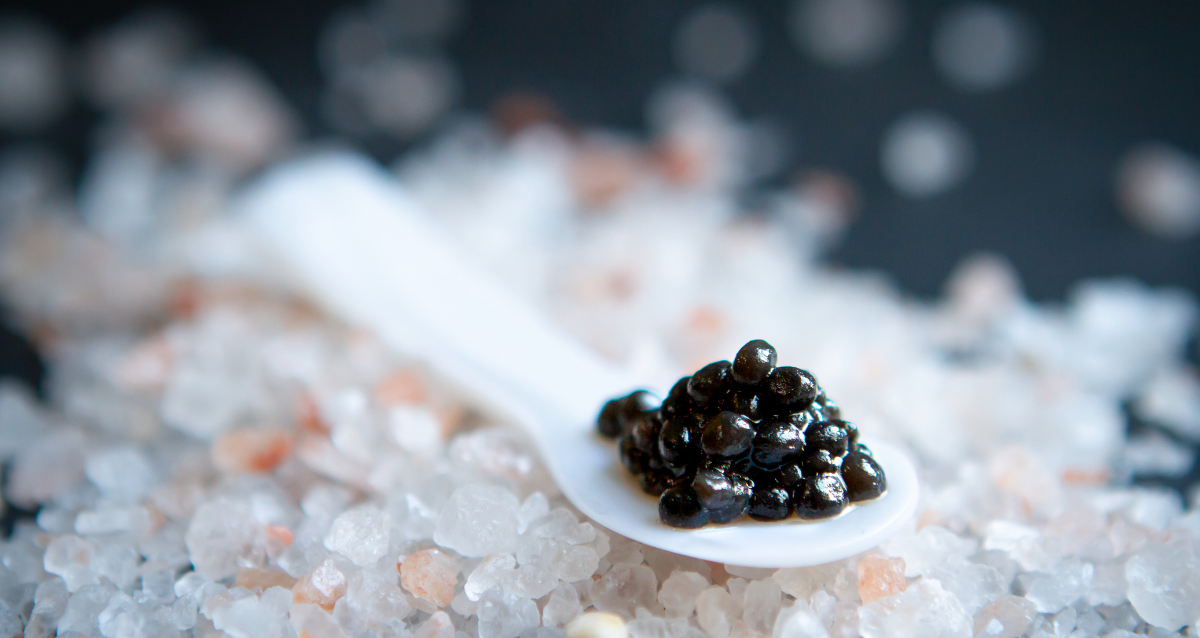 Optimized Foods
Optimized Foods
Another brand, called Renewal Mills, focuses on upcycling ingredients for all of its products. Last year, the brand partnered with vegan cheese brand Miyoko’s Creamery to create vegan cookies using Renewal Mill’s star upcycled ingredient, okara flour (a byproduct of soy milk production), and leftovers from production runs of Miyoko’s Creamery European style cultured vegan butter that the vegan brand was unable to package and sell otherwise.
And then there are companies that are fighting food waste by helping reduce the amount we create in the first place. Dutch company OneThird developed a tool to solve the issue of determining avocado ripeness so that consumers can reduce the risk of having to throw out the avocado if it’s no good. OneThird works in a simple way: shoppers scan the avocado in question and the tool reveals its remaining shelf life in real time using an artificial intelligence-powered optical scanner.
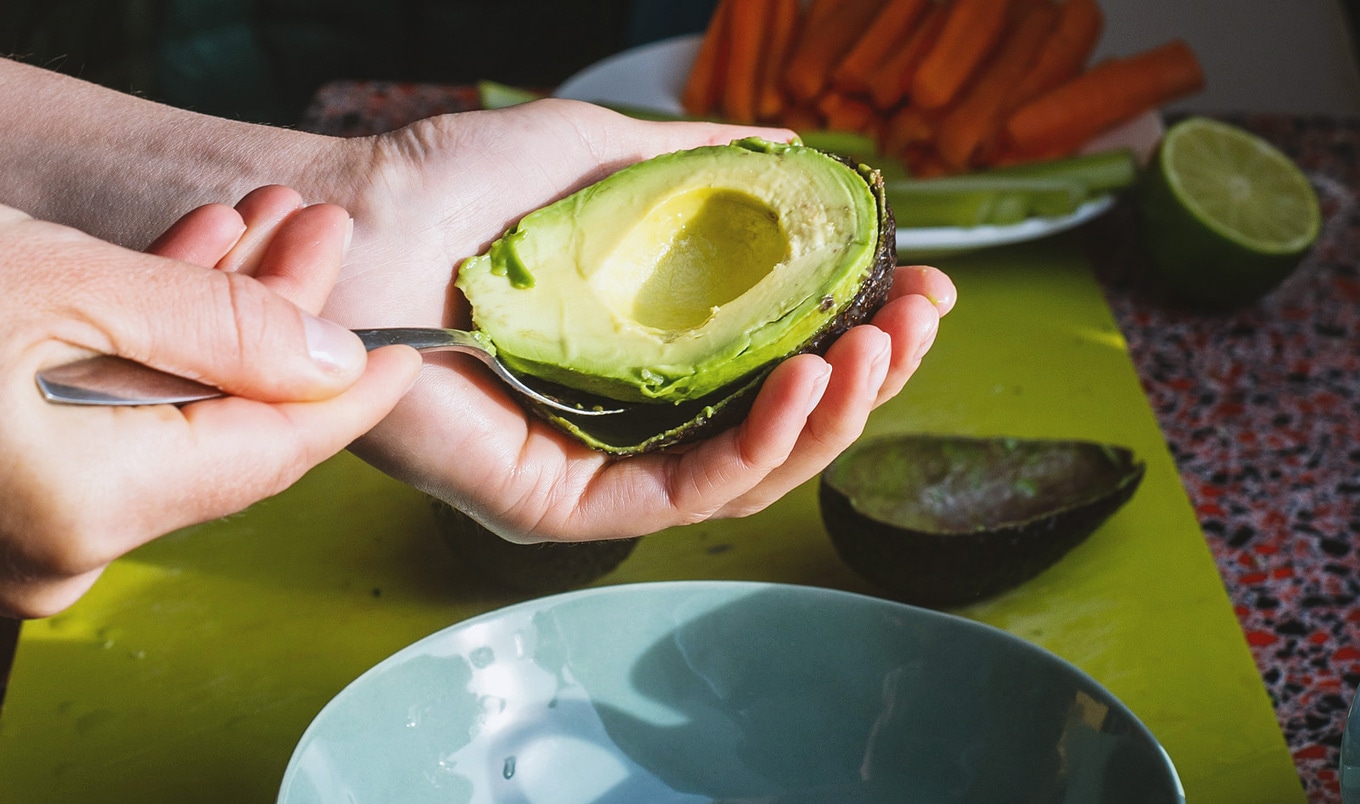 Unsplash
Unsplash
“When looking at diversification, we (the OneThird founders) looked at food applications and were astonished by the fact that one-third of food is still wasted, while there is also hunger in the world,” OneThird Founder and CEO Marco Snikkers previously told VegNews.
“Forty percent of all food waste is fresh produce, so we investigated whether there are ways we can help avoid that category of food waste using our technology and knowledge,” he said.
For the latest vegan news, read:
JUMP TO ... Latest News | Recipes | Guides | Health | Shop

